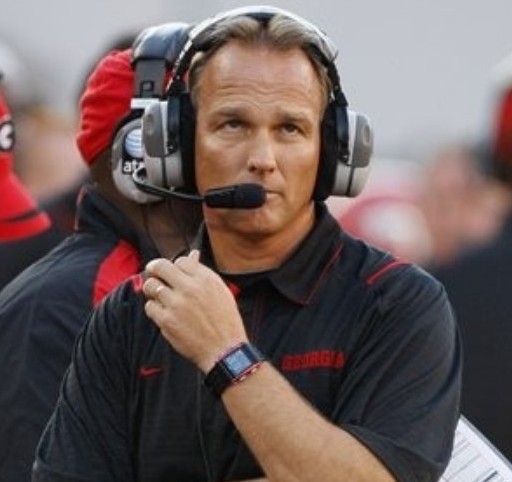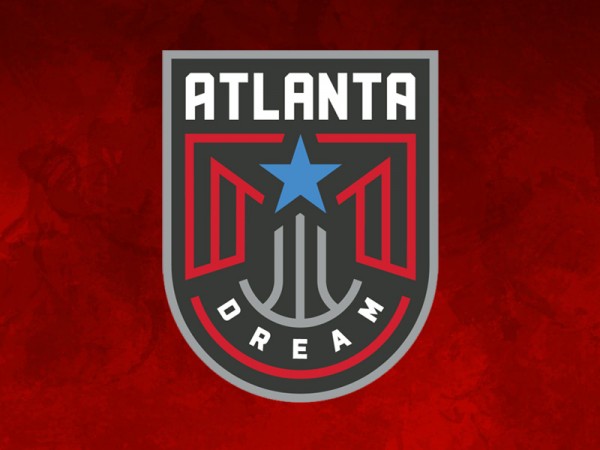The transgressions and subsequent dismissal of Georgia tailback Isaiah Crowell have sparked plenty of headlines and debate around the state and southeast, let alone Bulldog nation.
And with good reason. When obvious talents such as Crowell's go astray, regardless of who or what is to blame, people are apt to sweeping generalizations about a program good and bad -- i.e., Georgia is a hotbed of thuggery and lacking discipline -- or -- coach Mark Richt displayed true backbone by summarily dismissing Crowell, who was arrested on weapons-related charges last week.
But all the bluster and speculation surrounding the former Georgia running back and his future may have clouded an even more pressing issue in Athens.
This factor is much less sexy than debates over the state of the young men playing college football and how they should or should not be disciplined by coaches and authority figures -- though it certainly plays a role in its own right.
This issue is simply a question of numbers.
With Crowell's dismissal -- and the loss of other players this offseason, including Thursday's announcement that back-up linebacker Brandon Burrows will be transferring -- the Bulldogs stand to field no more than 70 players that were offered scholarships by Richt's coaching staff (that number does include this year's recruits but does not include scholarships that may be handed out to walk-ons).
Each team in the Football Bowl Subdivision is currently allowed 85 scholarship players.
In other words, the Bulldogs could enter each SEC game this season with 15 fewer scholarship players than their opponent.
Those 15 won't be "Between the Hedges" for various reasons -- most of them for nothing even mildly resembling Crowell's recent arrest, more along the lines of Burrows' decision to transfer due to not enjoying his playing position, or injury, or grades, or leaving early for the NFL draft.
Most college football fans refer to it as attrition and it affects every program every season. And now it stands to make its mark on the Bulldogs.
That does not mean that it's time to panic. Georgia will not enter the 2012 season missing many projected starters (though the determination on the length of suspensions for defensive standouts Bacarri Rambo, Branden Smith and Alec Ogletree could make things interesting early in the season). And while the loss of Crowell, last year's leading rusher, will certainly hurt, there are some talented backs -- including highly-recruited freshmen Keith Marshall and Todd Gurley -- hoping to step into the spotlight.
What the Bulldogs will be missing, however, is quality depth across the board.
For instance, should Rambo miss multiple games, Georgia may be placing its faith in walk-on safety Connor Norman to start an SEC road game in week 2 (at Missouri).
That's not to disparage Norman, who could well prove a point of strength. But how many other SEC teams will find themselves in a similar position? And it's a safe bet that should the Bulldogs win the SEC East for a second straight year they will likely line up across from an Alabama or LSU (perhaps even an Arkansas) team with a full compliment of 85 scholarship players.
And while the two teams' starting 11 on each side of the ball may roughly equal out, title games are often decided by quality depth and the players who rotate for the starters in order to avoid fatigue -- and, despite an incredible first half, the Bulldogs' defense certainly appeared to tire in the late stages of last year's SEC title game.
Depth also rears its head in special teams -- where younger, athletic players are asked to sell out in punt and kick coverage. Players like former defensive backs Nick Marshall and Chris Sanders, who were dismissed from the program before the spring, will be sorely missed in those situations.
Need I ask Georgia fans about that phase of the game and how it swung the momentum in last year's title bout with LSU in Atlanta?
In fact special teams proved a millstone for much of the Bulldogs' 2011 campaign, as Georgia, according to cfbstats.com, finished outside of the top 100 teams in the nation in: field goal percentage (ranked 101st), opponents' punt returns of 20-plus yards (ranked 110th), and opponents' punt returns (ranked 116th).
Certainly field goal percentage was not a walk-on issue -- though Georgia will rely on a new placekicker this season. The other two factors, however, are directly affected by the amount of talented athletes in a program. And this year there could be fewer on the sideline than in 2011.
So what is coach Richt's solution? The easy answer is to recruit more players than he could possibly need next season and grit his teeth through this campaign. But the SEC doesn't make things quite that easy. Last summer the league capped the number of signees allowed per class at 25 -- though teams are allowed to count early enrollees toward the previous year's signing class.
Richt certainly has room to add some early enrollees after signing just 19 players to National Letters of Intent in 2012 -- following a trend of undersigning (19 players in 2010 and 20 in 2009, the 26 signees in 2011 proving the aberration) that has helped put Georgia in its current position.
Out of the three recruiting classes from 2009-11 there are at least 18 players that have left the program early. And the 2012 class has not fully reported yet, leaving room for even more attrition.
There will be opportunities for Richt to make up the difference, but it won't be a quick fix -- early enrollees don't fall out of trees. And you can rest assured that there will be some more attrition along the way -- high-profile and not.
Certainly those remaining on the team will pull closer and fight harder in the face of these issues, but it won't make the road back to the Georgia Dome or beyond any easier this season -- and perhaps future seasons.
-- Morgan Lee is sports editor for Access North Georgia.com
Friday
July 4th, 2025
1:12AM

















